Starting from local needs and determination to overcome difficulties
Born in 1994 in Muong Toong commune, Lo Van Thang has been attached to the border area of Nam Ke since he was assigned to be the Secretary of the Commune Youth Union. In 2016, realizing that the demand for agricultural products in the locality was limited in supply, he began implementing the VAC model. However, the path to starting a business has never been easy.
From the practical life of local people, he realized that agricultural products, especially meat, fish, and vegetables, still mainly depend on supplies from other places, while large land and abundant youth labor have not been effectively exploited, from which the idea of implementing the VAC model was formed.
“At that time, I only had determination and a little family garden land. The biggest difficulty was the initial investment capital and lack of technical experience. I had to take advantage of every afternoon and weekend to clear the land, build barns, make ponds, and learn while working on the internet and through agricultural officers,” Thang recalled.
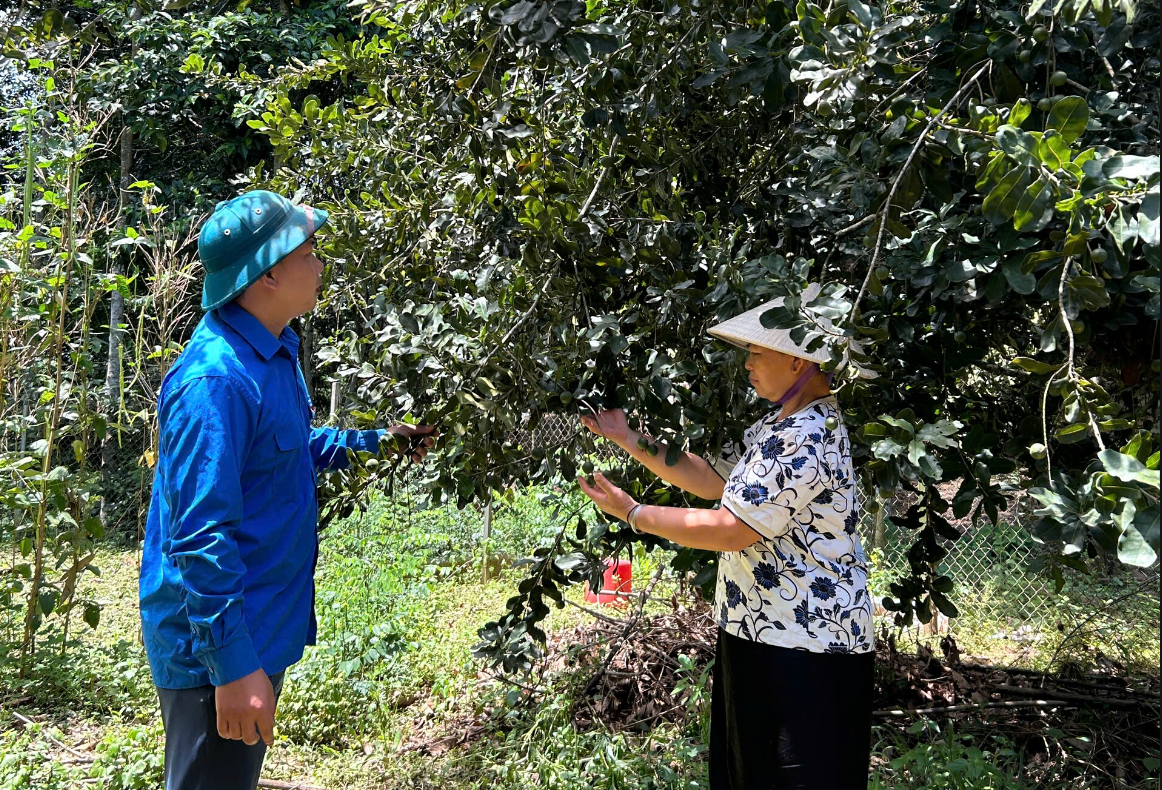
After nearly 10 years, Mr. Thang's VAC model is now quite complete. He raises chickens, ducks, pigs, combines digging ponds to raise fish and planting more forestry trees to protect the land and retain water. Total annual income is about 150 million VND after deducting expenses. The number is not too large compared to the lowlands, but in a place where there is more rocky soil than rice fields like Nam Ke, it is an encouraging effort.
More importantly, his model is a practical, close and suitable example for local conditions for many union members and youth to learn and follow. “I used to think that if I could do it, many young people here could do it too, even better if they had the conditions to learn and were properly supported,” Thang said.
Inspirational and resourceful youth connector
Not only stopping at the individual model, Mr. Thang, as Secretary of the Commune Youth Union, has actively sought to remove the biggest "bottleneck" in youth start-ups: capital and production knowledge. He proactively advised the Commune Party Committee to coordinate with units to organize many training courses on livestock breeding techniques, cultivation, plant protection, and household economy for youth union members.
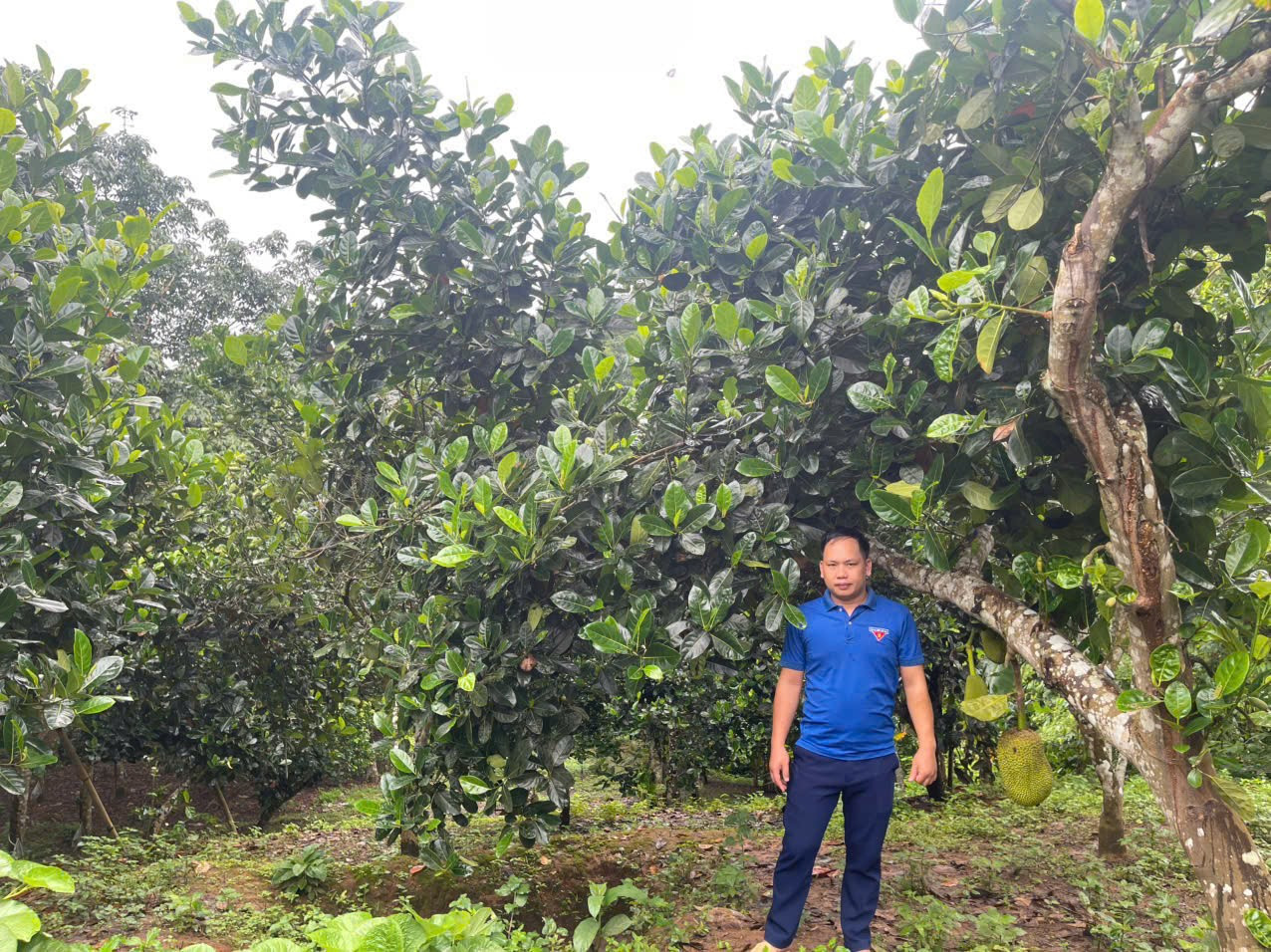
In particular, he and the Commune Youth Union Executive Committee effectively managed the savings groups that borrowed capital from the Social Policy Bank. “The total outstanding loan programs currently managed by the Commune Youth Union is more than 11 billion VND. Many young people, after accessing capital and learning the model, have begun to have a stable income from livestock farming, afforestation, and developing comprehensive forest gardens,” Mr. Thang shared.
Not stopping at the traditional VAC model, Mr. Thang is nurturing a new plan: Developing a garden house model combined with a restaurant, serving tourists and locals with clean food, processed on the spot.
“Although the border area is remote, it has great potential for discovery tourism and ethnic cuisine . I want to build a space associated with local products, both creating more output for agricultural products and promoting the culinary culture of the ethnic groups living in Nam Ke,” he said excitedly.
Sharing about the effectiveness of the model, Mr. Nguyen Tien Thanh - Chairman of Nam Ke Commune People's Committee said: "Comrade Lo Van Thang is an enthusiastic and exemplary Youth Union officer in economic development and has the spirit of supporting young people to rise up together. His VAC model not only brings practical results but is also one of the typical examples of the commune in poverty reduction and arousing the aspirations of young people in the highlands to start a business".
According to Mr. Thanh, Nam Ke commune is currently aiming to replicate youth economic models, especially those that are suitable for terrain and climate conditions and make use of available forest land and home gardens. The local government is committed to continuing to accompany and create favorable conditions for production land, technology and market connections for feasible models.
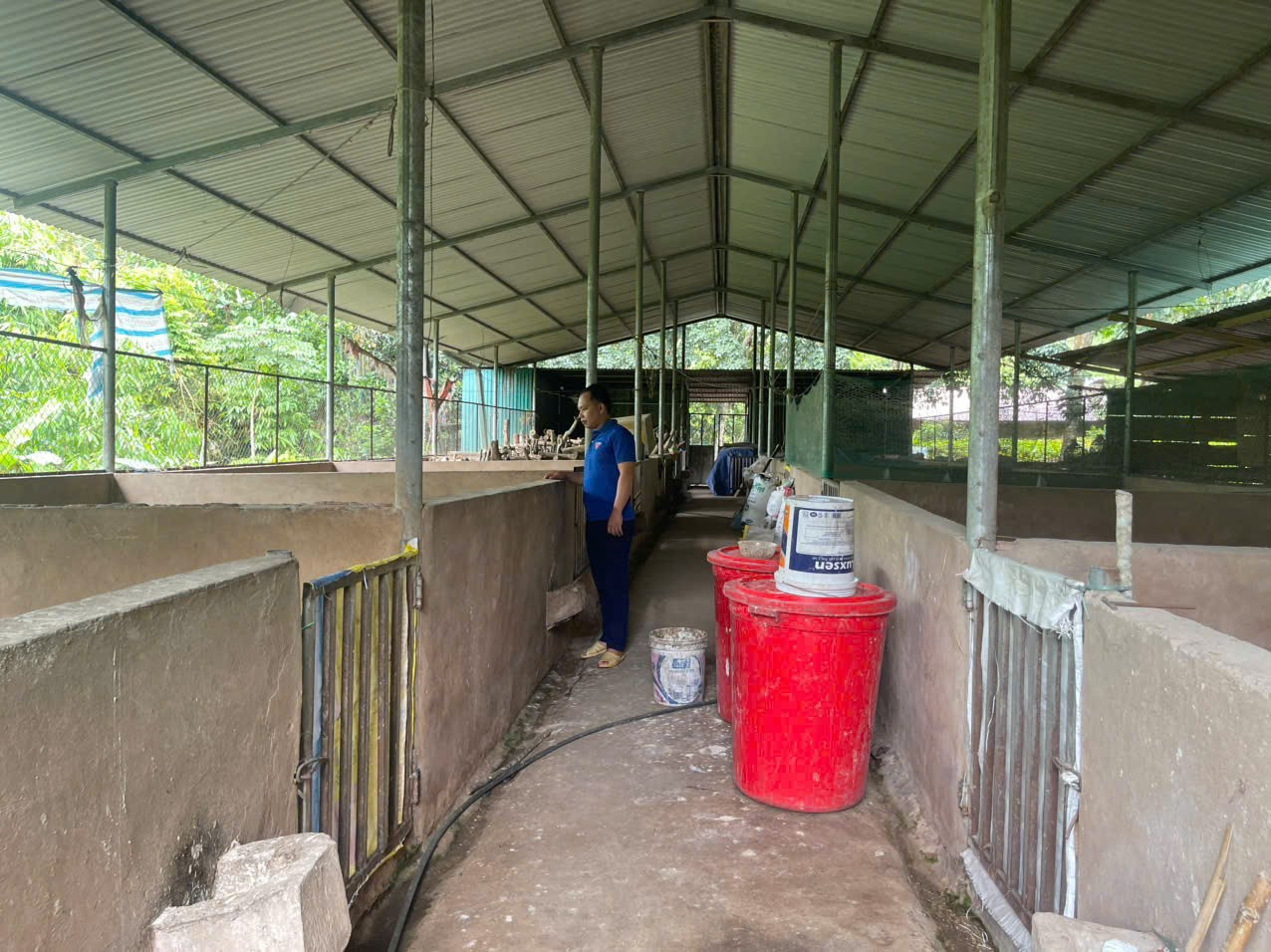
In the remote border areas of the Fatherland, models like that of Mr. Lo Van Thang not only contribute to increasing their own income but also become a "small spark" that lights up hope for highland youth in the journey to eliminate hunger and reduce poverty.
Source: https://tienphong.vn/chang-bi-thu-doan-xa-gay-dung-mo-hinh-vac-lan-toa-tinh-than-lap-than-lap-nghiep-trong-thanh-nien-vung-bien-post1761470.tpo






![[Photo] Da Nang: Hundreds of people join hands to clean up a vital tourist route after storm No. 13](https://vphoto.vietnam.vn/thumb/1200x675/vietnam/resource/IMAGE/2025/11/07/1762491638903_image-3-1353-jpg.webp)





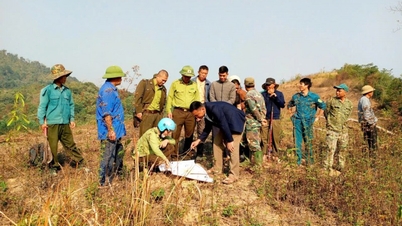

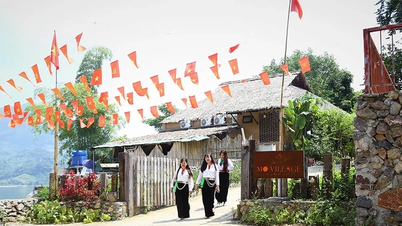

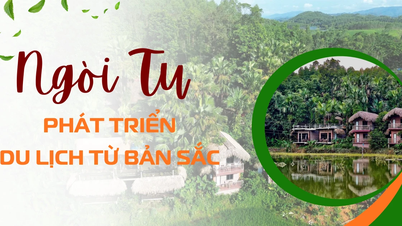

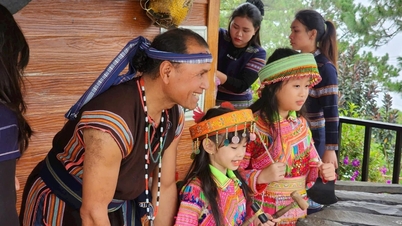

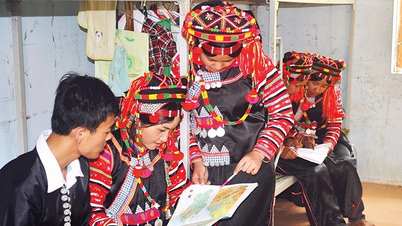

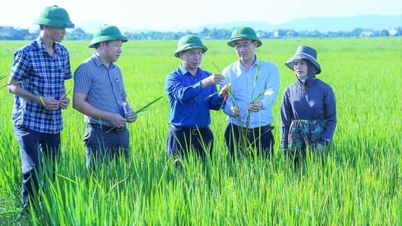



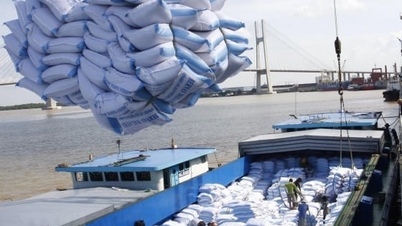






































































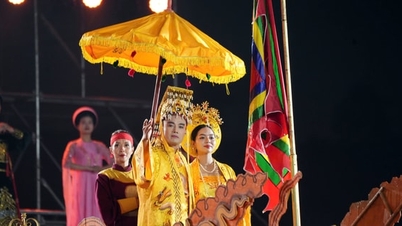










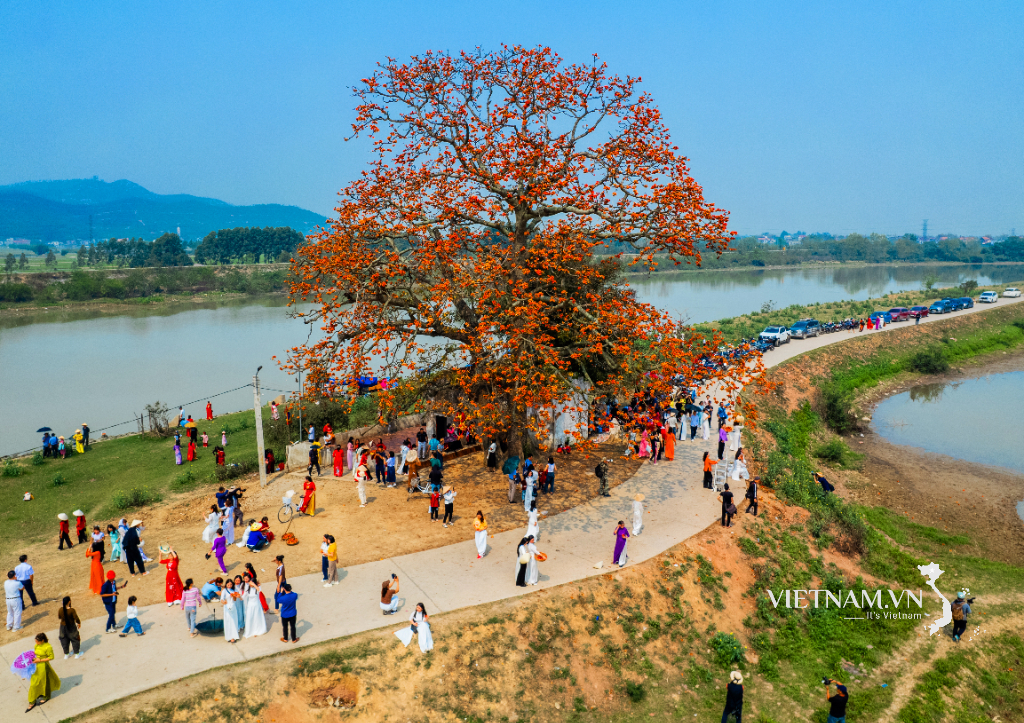

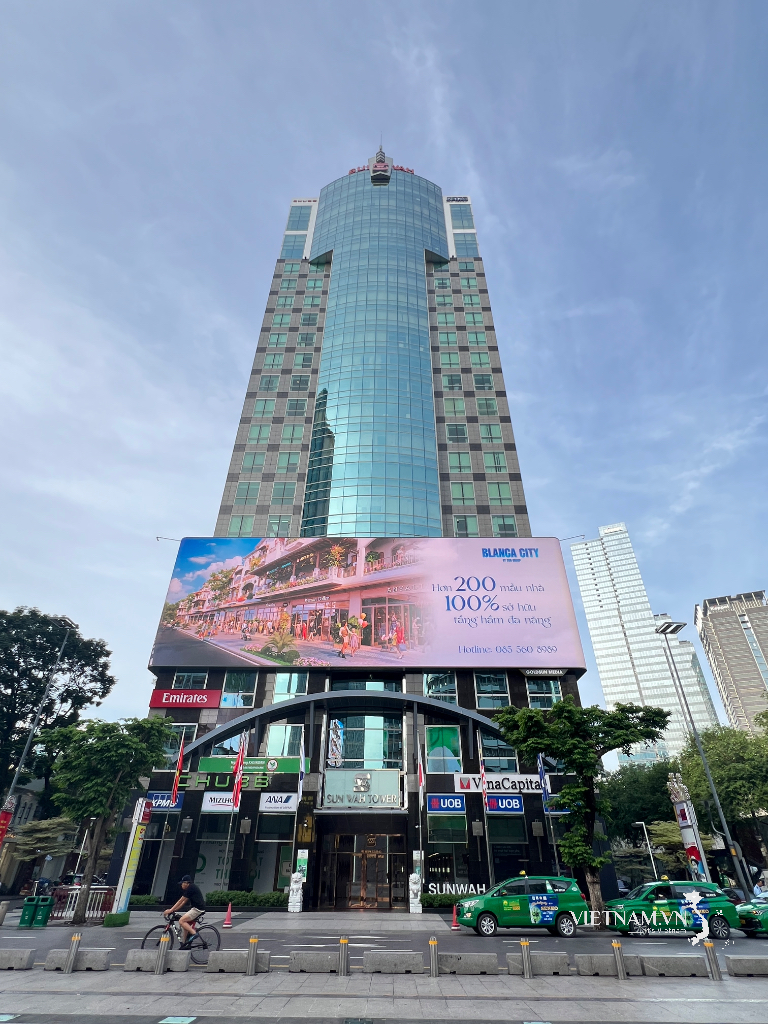

Comment (0)